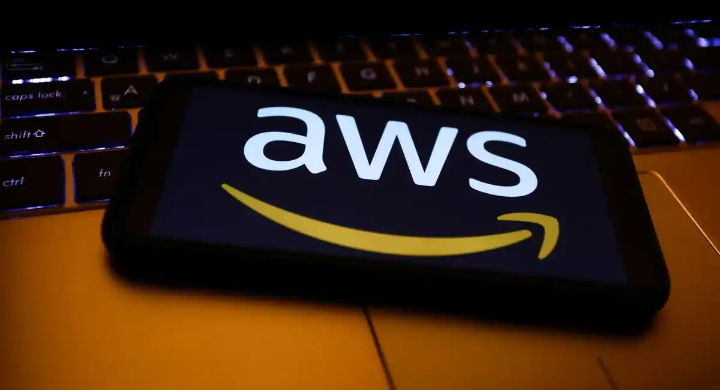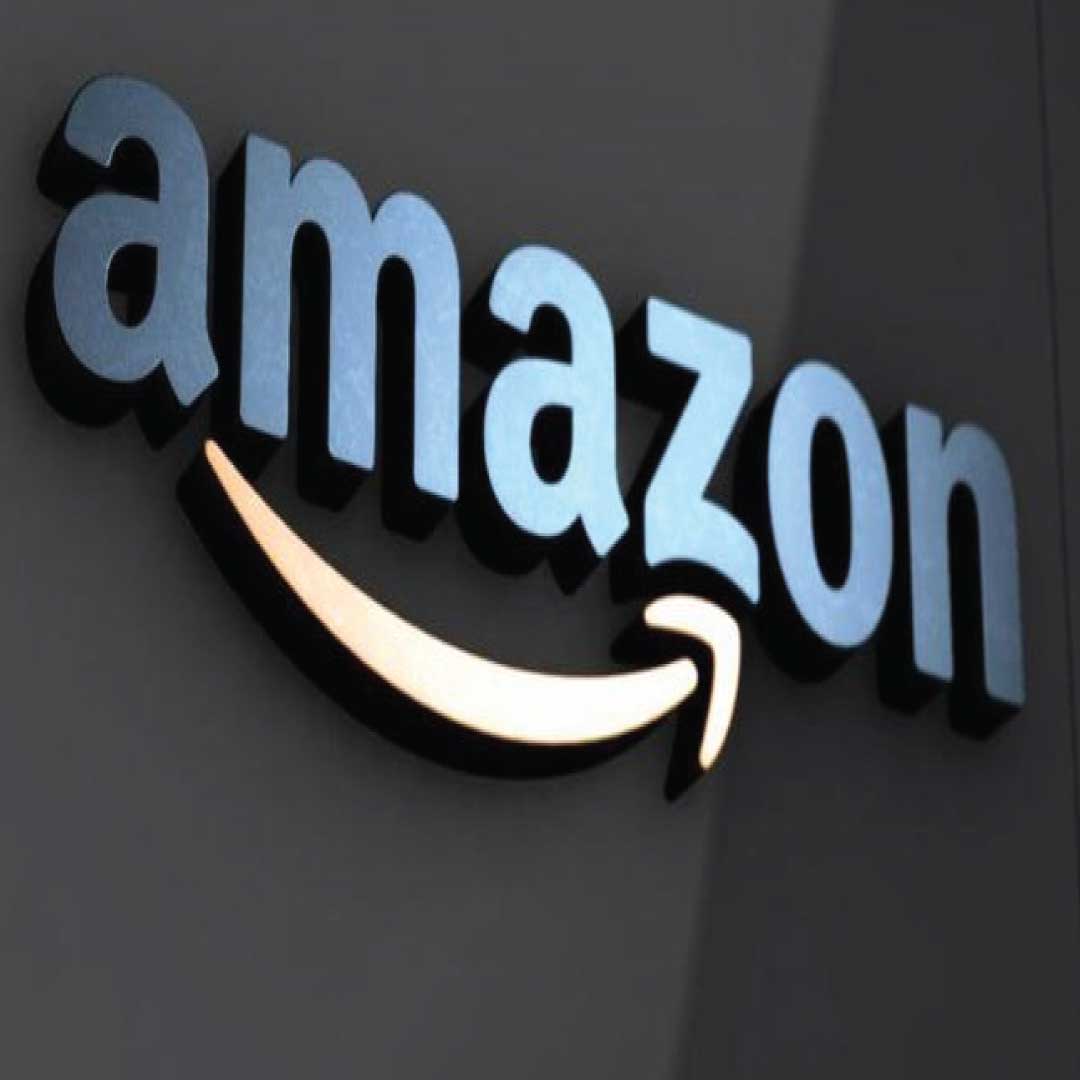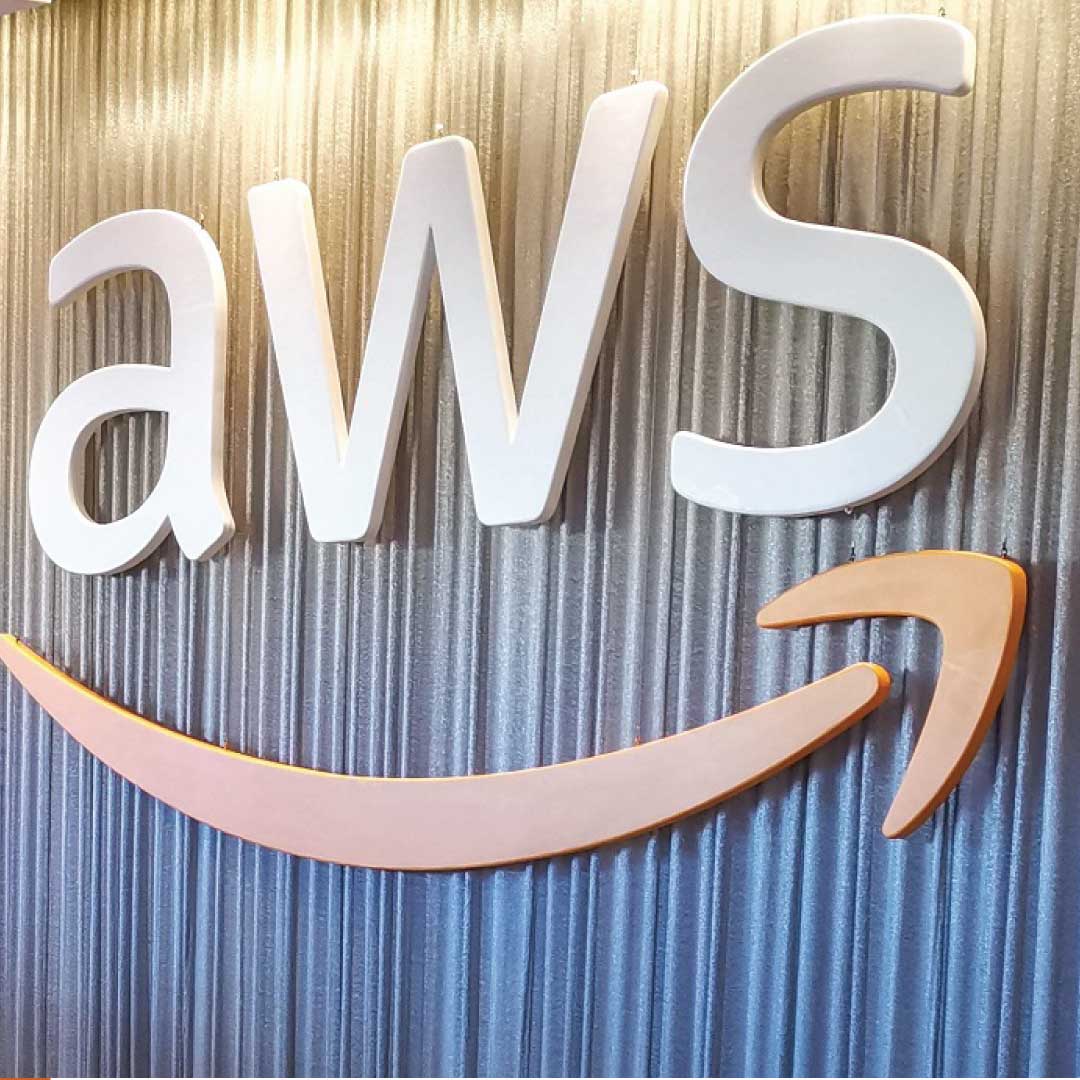Amazon’s app will offer a purchasing experience similar to TikTok. Inspire, a new short-form video and picture feed, allows users to browse items, ideas, and make purchases from content created by influencers, companies, and other users.
The feature is intended to divert users’ attention away from TikTok and other applications that businesses may directly promote to users in order to increase sales on Amazon.com.
The new tool, dubbed Inspire, will launch for certain US consumers and expand nationwide, according to the biggest e-commerce corporation in the world.
Amazon was observed earlier this year experimenting with a TikTok-like shopping stream in their app, which at the time had its own navigation button at the bottom of the Amazon mobile app. However, the Inspir feed will now be accessed by tapping a light bulb symbol instead of the diamond sign observed in testing.
Read also: Amazon Web Services (AWS) opens its second African office in Lagos
Amazon TikTok-Inspired Shopping App: How to Start
The Inspire experience begins when a client launches the Amazon Shopping app and taps the app’s icon to begin. Makeup, skincare, pets, games, gardening, hiking, interior design, travel, jogging, and other topics are among the more than 20 options shown to users when they first start to Inspire.
A cross between TikTok and Instagram, Inspire prioritizes short-form video but also allows users to share photographs. Similar to Instagram, a double touch anywhere on the screen will reveal a heart icon indicating your approval of the current post. You swipe up from the bottom of the screen to go to the next video in Inspire, much as you do in TikTok’s vertical video stream. Like on TikTok, the interaction buttons are tucked away on the right side of the display.
You may touch the little buttons at the bottom of the window to go to the item on Amazon when you find something you like. A press on these buttons will open up the product in an overlay window on top of the video, but a touch on “See full details” will take you to the product page, where you may read more, buy it, or add it to a list.
As Inspire learns more about the user’s interests through interaction and likes, Amazon promises the stream will improve. Inspire will have more shoppable features and in-app content in the future.
“We develop every day to make buying quick and fun,” said Amazon Shopping director Oliver Messenger. “Inspire is a new shopping experience that links Amazon customers with shoppable content produced by other customers, the newest influencers, and a wide selection of businesses.” “In just a few taps, shoppers can discover new things or gain inspiration on what to purchase, all suited to their preferences, and then shop for those items on Amazon,” Messenger added.
Mae Badiyan, Practically Pursia, and others will post on Inspire. Amazon Influencer Program earnings will go to artists.
“My audience expects interesting videos that expose them to new goods, so I’m pleased to utilize Inspire to feature my favorite daily basics with the convenience of buying those things instantly on Amazon,” said Badiyan.
Amazon says brand registry suppliers and sellers with active brand stores may publish to Inspire.
Social networking promotes Amazon purchases.
Amazon has used social media models to recruit and convert consumers. It tried Pinterest-like Amazon Collections in 2013 and Amazon Stream in 2015, which became “Interesting Finds.” Amazon Spark, an Instagram imitator, closed in 2019 after two years. Amazon’s VP of Consumer Engagement, Chee Chew, Spark’s largest shareholder, departed at the start of 2019.
Amazon Live is one example of how the firm has drawn lessons from streaming shopping on other portions of the site, and the company has even dabbled with its own YouTube, where users can contribute and share movies.
Since Amazon’s social media updates solely advertise products, most are generic. Consumers use social media for more than just purchasing. They want to meet artists, have fun, and be amazed. Even with video, Inspire may not meet these requirements.
The Amazon iOS and Android apps now provide Amazon Inspire to a restricted number of consumers.





